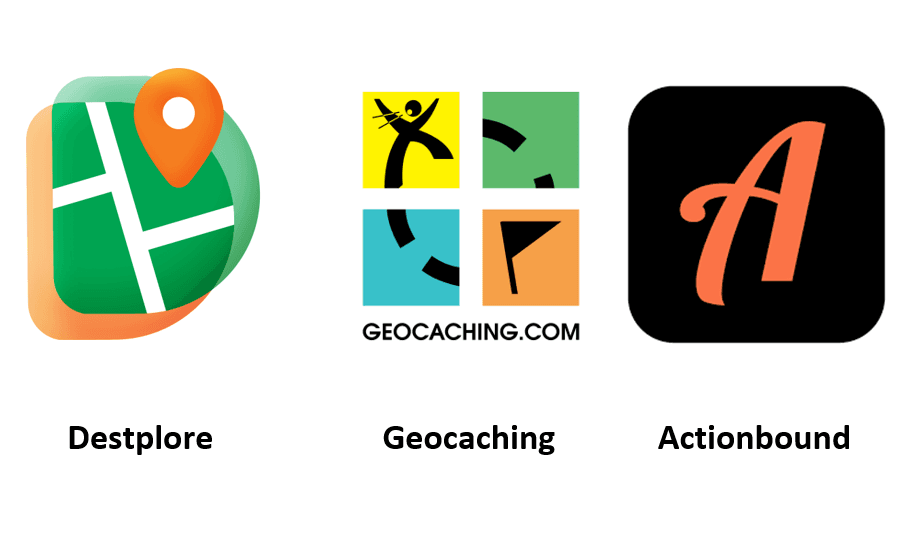In recent years, experiential travel has become a popular way for adventurers to immerse themselves in different cultures, lifestyles, and environments. Unlike traditional tourism, which often focuses on sightseeing and popular attractions, experiential travel emphasizes authentic experiences and meaningful interactions with local communities.
What is Experiential Travel?
Experiential travel, also known as immersive travel, encourages travelers to engage deeply with their destinations. Instead of just observing, they participate in local traditions, learn new skills, and contribute to sustainable tourism efforts. This type of travel helps individuals form genuine connections with the people, history, and culture of a place.
Benefits of Experiential Travel
- Cultural Understanding: Travelers get firsthand experience with different traditions, languages, and customs, fostering mutual respect and appreciation.
- Personal Growth: By stepping outside of their comfort zones, travelers develop adaptability, resilience, and a broader worldview.
- Sustainability: Supporting local businesses, staying in eco-friendly accommodations, and engaging in responsible tourism help preserve cultural heritage and the environment.
- Unforgettable Memories: Unique experiences, such as cooking classes with local chefs or wildlife conservation projects, create lasting and meaningful travel memories.
Top Experiential Travel Destinations
- Japan: Stay in a traditional ryokan, participate in a tea ceremony, and learn the art of sushi making.
- Peru: Hike the Inca Trail to Machu Picchu, volunteer in indigenous communities, and explore vibrant markets in Cusco.
- Kenya: Join a wildlife safari, visit a Maasai village, and take part in conservation projects.
- Italy: Harvest grapes in a Tuscan vineyard, learn to make authentic pasta, and explore historical ruins with local guides.
- India: Experience yoga retreats in Rishikesh, celebrate Holi with locals, and take a cooking class in Rajasthan.
How to Plan an Experiential Trip
- Research Beyond Tourist Attractions: Look for local experiences such as homestays, workshops, or community-based tourism projects.
- Engage with Locals: Learn basic phrases in the local language, attend cultural events, and seek out local recommendations.
- Choose Sustainable Options: Opt for eco-friendly accommodations, support local artisans, and minimize waste.
- Be Open-Minded: Embrace new experiences, try unfamiliar foods, and respect local customs and traditions.
Conclusion
Experiential travel transforms the way people see the world. By moving beyond traditional sightseeing and immersing oneself in authentic cultural experiences, travelers can develop a deeper understanding of the places they visit. Whether it’s learning a new skill, connecting with locals, or contributing to sustainability, experiential travel offers a richer, more fulfilling journey. So, step out of your comfort zone and embark on a journey that goes beyond the usual tourist path!
Discover how Destplore can help you create unique and immersive travel experiences. Visit Destplore today!




